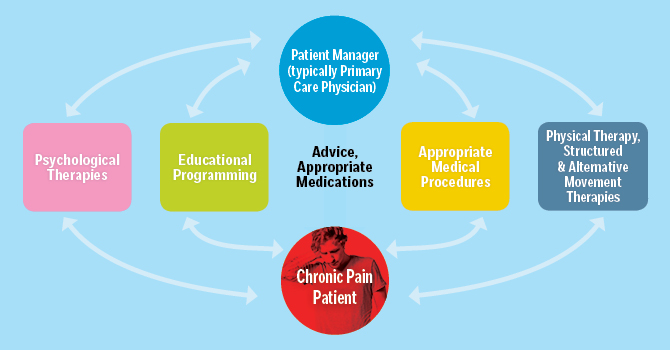
This Overdose-Reversal Medicine Could Reduce Opioid Deaths - So Why Don't More People Carry It?
Tarlise Townsend and Freida Blostein
Could naloxone lower the number of opioid-related deaths?
Applications are open for fall 2026!
Apply Today
Could naloxone lower the number of opioid-related deaths?

Recently, the “opioid epidemic” or “opioid crisis” has been on the minds of journalists, politicians, public health professionals, and the public. While opioids continue to contribute the lion’s share of overdose deaths nationally, a deeper look into available data suggests that the United States is facing not only an “opioid epidemic” but a “drug overdose epidemic.”

Wherever precision health tools help us understand why people are getting sick or what makes them more likely to get sick, public health practitioners can create and advocate for interventions that can keep people out of the doctor's office in the first place.

The opioid crisis has reached epidemic levels in Michigan, with opioid-related incidents causing more deaths than motor vehicle crashes. Connecting Michigan Public Health research to policy decisions made every day in Michigan and around the country is an important way our knowledge can benefit others immediately and positively.

Considering the medical, social, economic, and individual circumstances driving the opioid epidemic.